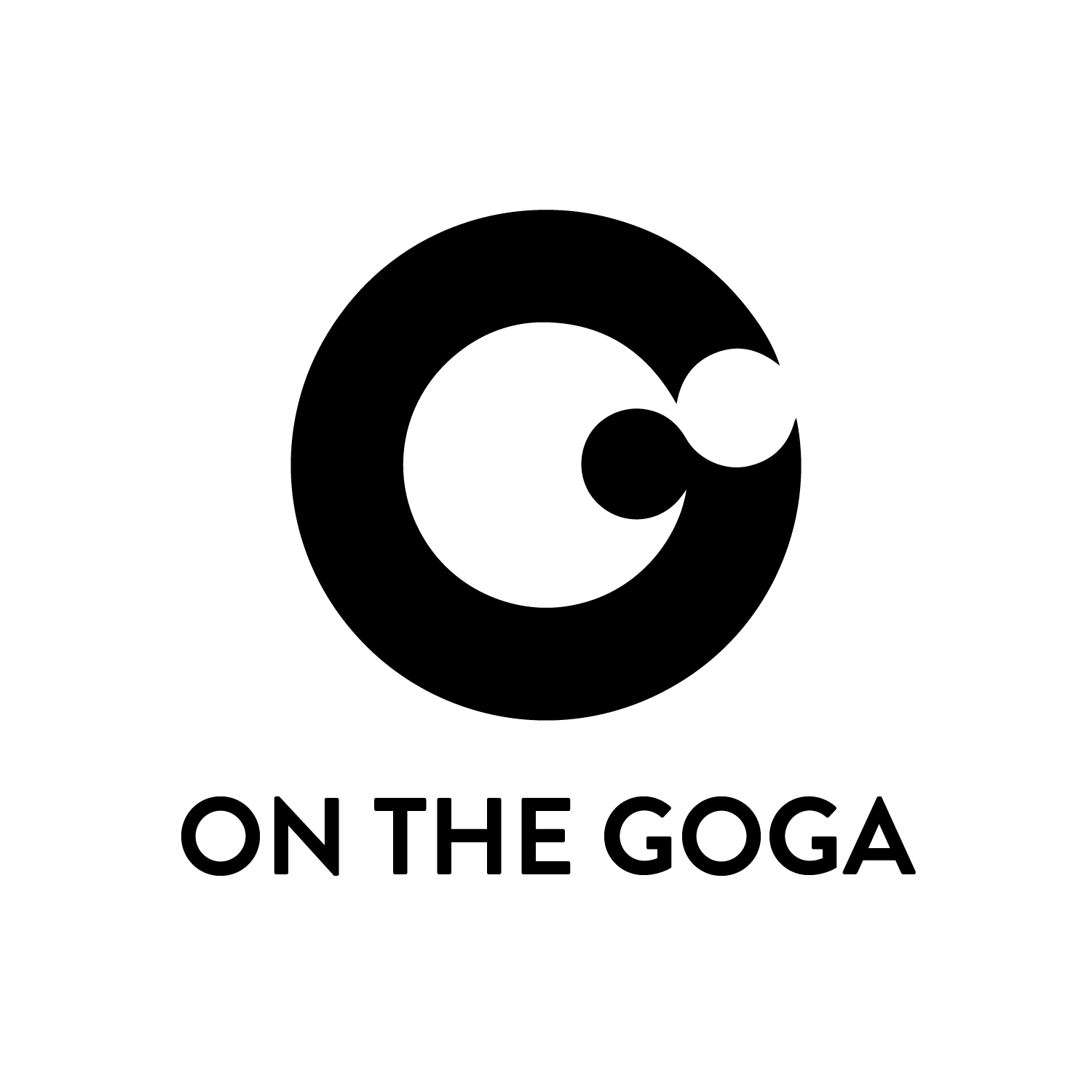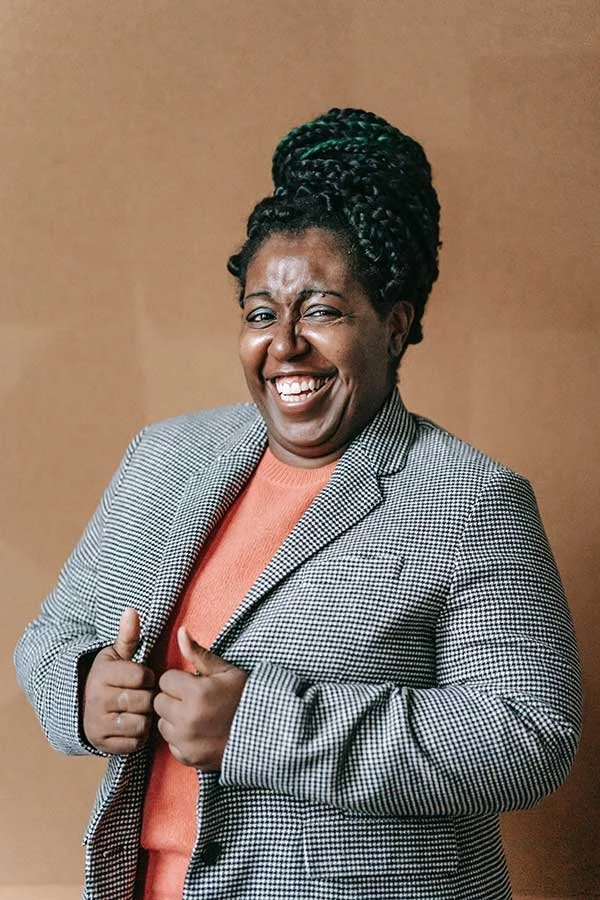Leading with humor
Research shows that, in general, people laugh and use humor more often outside of the workplace. Now more than ever, we need to learn to laugh more at work.
This is especially true for leaders in the workplace. Leaders with a good sense of humor are more motivating to employees by 27%. Humor is a tool leaders should incorporate into their daily workplace experiences for a variety of reasons. Whether it be to humanize themselves, make themselves more memorable, or increase trust, properly utilizing humor as a leader has many benefits.
What kind of humor should leaders be using, though? Here are three types of humor styles leaders can incorporate into their leadership style to improve relationships with their employees.
AFFILIATIVE HUMOR brings people together in a positive, light-hearted manner by acts such as telling jokes, spontaneous banter, or telling a funny story. Affiliative humor helps to relieve tension in the workplace and improve interpersonal relationships with employees. This increases in leader effectiveness, as well as an increase in positive interactions between leaders and employees, which is a win for everybody.
SELF-ENHANCING HUMOR can be described as a humorous outlook on life, especially when used as a coping mechanism for stress. In the face of adversity or stress, a leader would use humor to prevent themselves from not getting too worked up and stressed about situations happening in life.
SELF-DEPRECATING HUMOR is a type of humor that allows an individual (in this case, the leader) to essentially mock themselves. By utilizing self-deprecating humor (graciously, of course), leaders can better humanize themselves to their employees and exude confidence in what they are saying. When leaders use self-deprecating humor, it elicits the notion to employees that it is okay to joke (when appropriate) in the workplace.
Adding Humor to Remote Teams
Even when teams are working remotely, leaders can still encourage appropriate humor in the workplace. It can feel isolating to work distantly from your colleagues, which means leaders who use humor as a connection tool are better able to unite dispersed teams.
How On The Goga Infuses Humor in the Workplace
How cool we imagine we look when using Snap Camera.
At On The Goga, the leadership team encourages employees to add humor in our everyday meetings and touchpoints. One way we do this is through various applications, sites, and internet extensions we use, such as Snap Camera and extensions on Gather (our virtual office space). These applications help encourage our people to laugh a little more throughout the day, even if it’s something as small as using a filter during a Zoom meeting.
Another way that On The Goga incorporates humor into our everyday meetings is through check-in questions. Normally, meetings are universally loathed at most corporations, however, check-in questions are a powerful way to add humor to the way every meeting begins and set the tone for a connected and productive meeting.
Our check-in questions range from serious (“How is everyone feeling today?”) to completely nonsensical (“If you were a squirrel, which type of nut do you think you would prefer?”). Check-in questions give everyone in a meeting the opportunity to relax and learn something new about their coworkers before officially starting the meeting and diving into a more business-oriented mindset.
By engaging in humor and rallying their team to do so as well, leaders create stronger connections between employees, increase productivity, and drive motivation for all employees.
If you are looking for ways to engage your remote team through humor, we highly recommend you check out our Same Difference Game Workshop where teams are encouraged to uncover hidden connections! You can learn more about On The Goga’s Wellness Workshops here.
By Juliana Schechter
Juliana Schechter is an Industrial/Organizational Psychology Intern at On The Goga. She is a current graduate student at Baruch College in New York City, studying to receive her Master of Science in Industrial/Organizational Psychology in May 2022. She is passionate about helping to drive real change to employee wellbeing and organizational health and safety. In her free time, Juliana loves doing puzzles, playing with puppies, and exploring hidden places in New York City.




